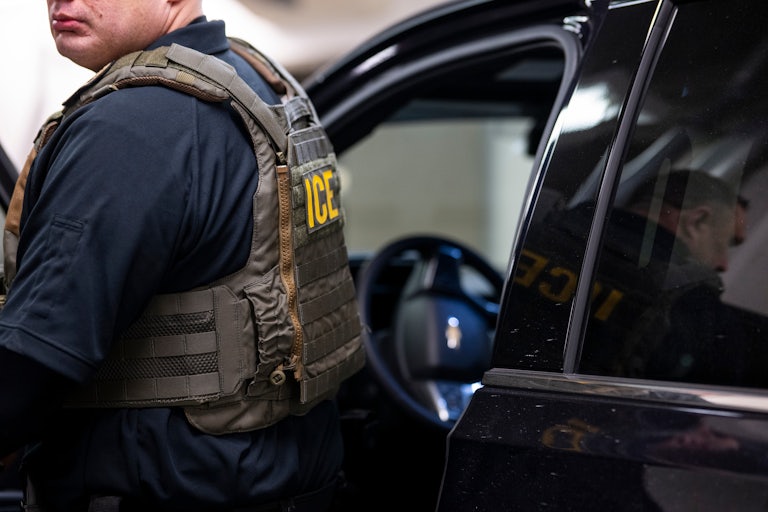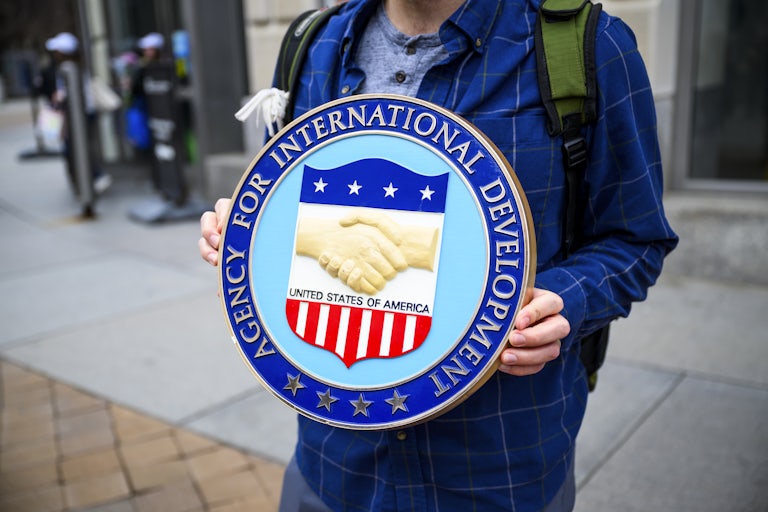ICE Logic for Deporting “Gang Members” Is Based on Total Lie
Donald Trump has insisted that certain tattoos signify gang membership.

As the Trump administration continues to face mounting legal challenges to its mass deportation of alleged members of Tren de Aragua, who were identified over their supposedly incriminating tattoos, experts on the Venezuelan gang said that the group doesn’t have identifying tattoos at all.
To classify individuals as gang members, immigration officials used an “Alien Enemy Validation Guide” that works on a points-based system. Venezuelan nationals over the age of 14 needed to score eight points to be deemed a member of TdA, and according to the guide, tattoos were worth a whopping four points.
But experts on the gang told The New Yorker that tattoos aren’t really a TdA signifier.
“The truth is that a tattoo identifying Tren de Aragua does not exist,” Ronna Rísquez, a Venezuelan journalist who published the definitive book on TdA, told the magazine. “Tren de Aragua does not use any tattoos as a form of gang identification; no Venezuelan gang does.”
Rísquez said that tattoos were by no means a reliable way to determine whether someone was gang-affiliated. “Most young people in Latin America these days have tattoos,” she said, adding that “people get a tattoo because it means something particular to them.”
“This is the first time I’ve ever encountered any reference to the significance of tattoos,” said Andrés Antillano, a criminology professor at the Central University of Venezuela, who spent much of his career studying TdA. He called this thinking “absurd” and “naïve.”
New documents obtained by the American Civil Liberties Union on Sunday showed that the tattoos ICE is using to identify individuals as TdA gang members included a range of innocuous images such as the Jordan “Jumpman” logo, a crown, a train, and a clock, among other things.
Andry José Hernández Romero, a 38-year-old makeup artist, was classified as a member of TdA based on crown tattoos on his wrists that immigration authorities claimed were a “determining factors to conclude reasonable suspicion.” The crowns were adorned with the words “Mom” and “Dad.”
Being identified based on their tattoos has emerged as a through line between the individuals who were deported to a notorious prison in El Salvador on March 15. Representatives for at least three of the people deported last month claimed that their clients were wrongly classified as gang members over their tattoos.
A judge ordered a pause on deportations under the Alien Enemies Act, which was used to remove alleged gang members without due process, and another judge issued a temporary restraining order requiring the government to provide written notice and an opportunity for detainees to apply for protection before deporting them to a third country. Still, the government has continued to remove alleged members of TdA and MS-13.









